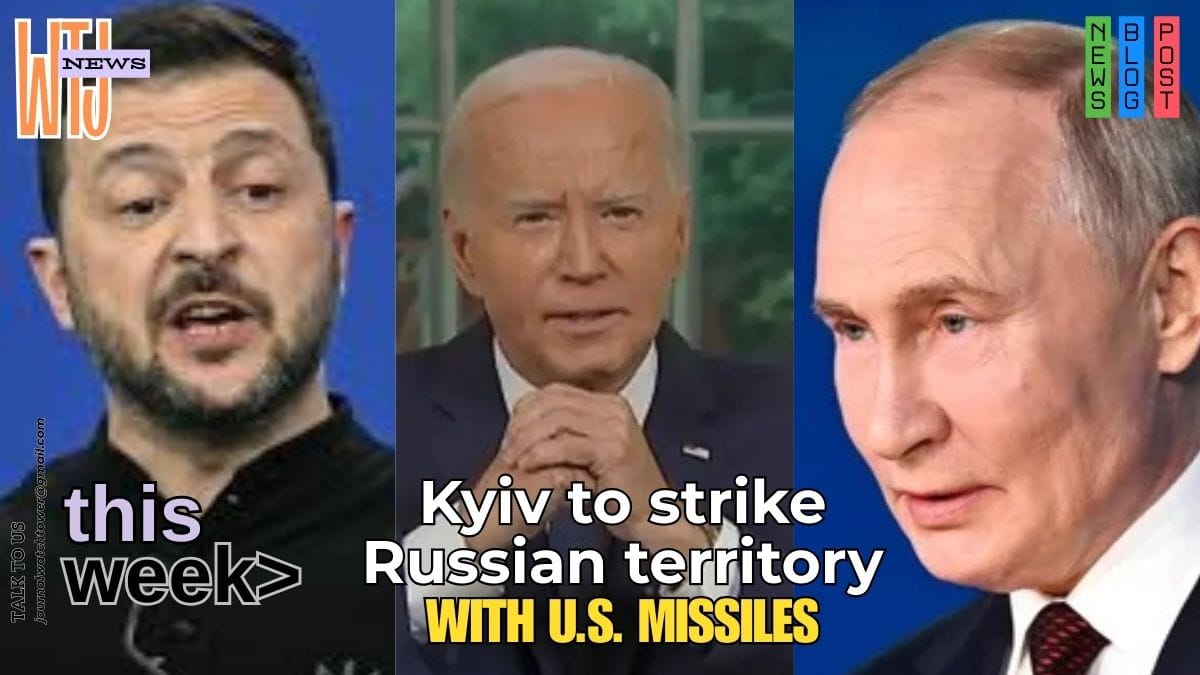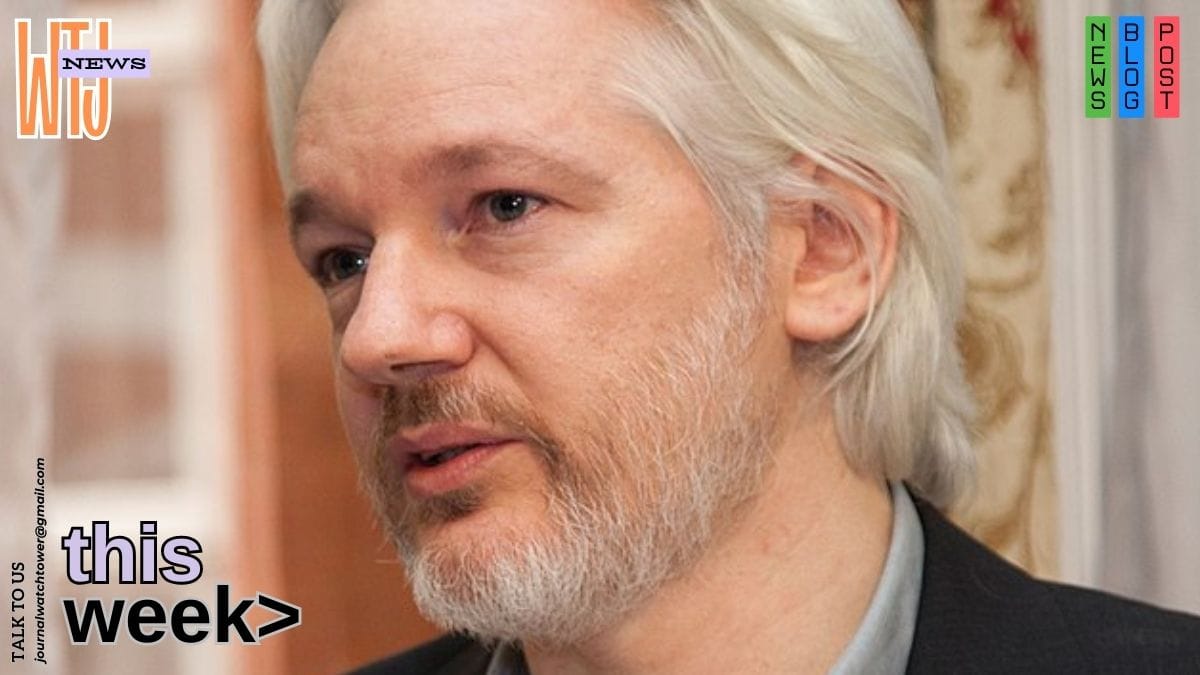In a controversial development, the Kremlin has accused President Joe Biden of intensifying the Ukraine conflict by enabling Kyiv to utilize U.S.-supplied long-range missiles for strikes deep into Russian territory. This decision, while not formally announced by the White House, marks a notable shift in U.S. policy and has prompted strong reactions from Moscow and its allies. Here, we delve into the decision’s details, its implications, and the broader geopolitical consequences.
A Shift in U.S. Policy: What Changed?
The Biden administration’s approval of Army Tactical Missile Systems (ATACMS) for Ukraine represents a significant policy change. These missiles, capable of targeting Russian infrastructure up to 300 kilometers away, provide Kyiv with a powerful tool to counteract Moscow’s aggression. Ukrainian President Volodymyr Zelenskyy had long advocated for such capabilities, emphasizing the need to disrupt Russian supply lines and military arsenals.
The U.S. decision is reportedly driven by evolving battlefield dynamics, including Ukraine’s strategic gains in the Kursk region and Russia’s increasing reliance on external support, notably from North Korea. However, it also reflects a growing willingness in Washington to take calculated risks to tilt the conflict in Ukraine’s favor.
Russia’s Response: A Warning of Escalation
Moscow’s reaction to this development has been swift and stern. Kremlin spokesperson Dmitry Peskov described the decision as “reckless” and accused the U.S. of directly inflaming tensions. Russian officials have framed the missile provision as a step towards NATO’s direct involvement in the war, warning of “appropriate and palpable” retaliatory measures.
President Vladimir Putin had previously cautioned that allowing Ukraine to target Russian territory would transform the nature of the conflict. His June statement suggested that Moscow could reciprocate by supplying long-range weapons to adversaries of the West, heightening fears of a broader proxy war.
Western and Global Reactions
While European allies, such as Germany and France, have voiced cautious support for the U.S. move, they remain divided over extending similar aid. Germany, for instance, has refrained from supplying Taurus missiles to Ukraine, citing concerns over escalating tensions. Meanwhile, voices from Hungary and other dissenting nations have criticized the decision, warning of potential destabilization.
In the U.S., reactions are also polarized. President-elect Donald Trump and his allies have lambasted the move, with some warning that it risks provoking a third world war. Conversely, European leaders like the UK’s Keir Starmer and the EU’s Josep Borrell argue that empowering Ukraine is essential to countering Russian aggression effectively.
Implications for the Conflict
The deployment of long-range missiles could alter the war’s dynamics by enabling Ukraine to strike critical Russian infrastructure, thereby weakening Moscow’s military capabilities. However, this comes with significant risks:
- Russian Retaliation: Moscow’s threats to respond “palpably” could lead to escalations that extend beyond Ukraine’s borders, potentially targeting NATO allies or Western interests globally.
- Geopolitical Strain: The decision could deepen divisions among NATO members, as nations weigh the risks of direct confrontation with Russia.
- Humanitarian Impact: With both sides intensifying their attacks, civilian casualties and infrastructure damage are likely to increase, exacerbating the humanitarian crisis.
A Missed Opportunity for Diplomacy?
The decision also coincides with failed peace initiatives. Turkish President Recep Tayyip Erdoğan’s proposed ceasefire, presented at the G20 Summit in Brazil, was dismissed by Moscow. This reflects the Kremlin’s unwillingness to negotiate on terms that challenge its territorial ambitions, particularly in regions annexed from Ukraine.
The Role of Incoming U.S. Leadership
As President Biden prepares to leave office, questions arise about the continuity of U.S. support for Ukraine under Donald Trump’s administration. Trump’s campaign rhetoric suggests a desire to de-escalate U.S. involvement, but his exact policy remains uncertain. This uncertainty underscores the high stakes of Biden’s decision and its potential to shape the conflict’s trajectory.
Engage with the Discussion
What are your thoughts on the U.S. decision to provide long-range missiles to Ukraine? Is it a necessary step to empower Kyiv, or does it risk escalating the conflict to dangerous new heights? Share your perspectives and join the debate in the comments section. Let’s explore the complexities of this pivotal moment together.
We value your opinions!
What do you think about Biden’s decision to supply long-range missiles to Ukraine? Does it stabilize or escalate the conflict? Share your insights in the comments and engage with others to explore diverse perspectives on this critical global issue. Let’s spark a meaningful discussion!




